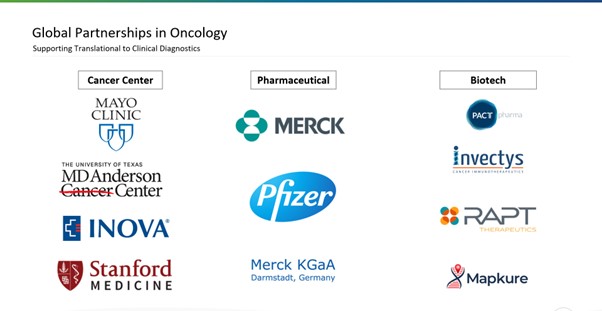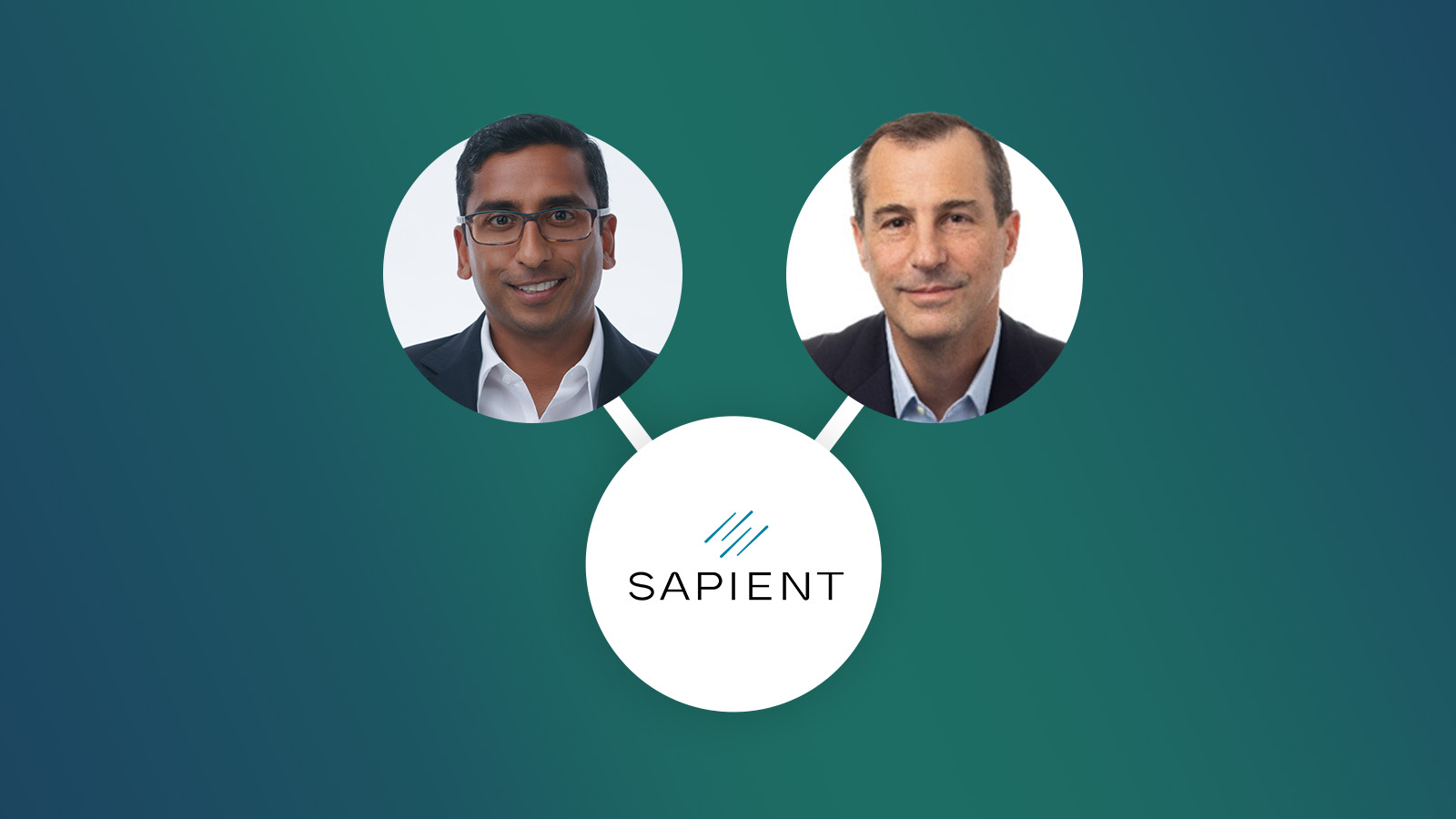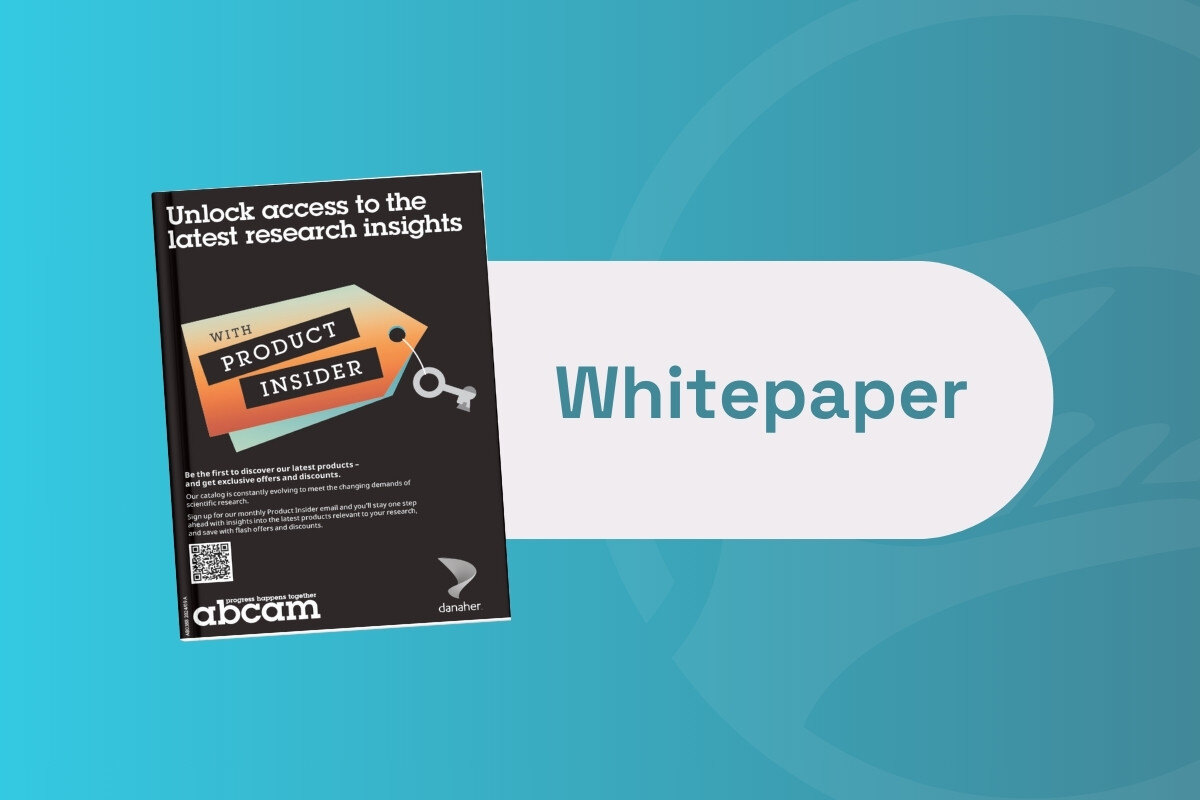Enabling Precision Oncology with Tumour Profiling Solutions

The landscape of predictive biomarkers continues to evolve and be refined. Although the global oncology market was valued at 85 billion USD and is expected to reach 277.2 billion USD by 2030 at a CAGR of 12.6%, there remains a need for a more robust patient stratification of response to immunotherapies.
According to Erin Newburn, Senior Director of Field Applications Scientist at Personalis, “immunotherapy biomarkers have remained rather elusive.” Although this may be “due to the complex biology and mechanisms,” other considerations include the need for more cancer indications and subtype-specific thresholds for these biomarkers. Strategies to address these factors consist of obtaining a better understanding of a patient’s treatment history and HLA genetic variation.
“Immunotherapy biomarkers have remained rather elusive...due to the complex biology and mechanisms”
Similarly, adopting a multi-dimensional and integrated approach to biomarker selection may offer a promising solution to further driving immunotherapy response. “Indeed, there is growing evidence that a single biomarker will not be entirely predictive to passing out response in immunotherapies,” Newburn explains. This means we can expect a conscious move away from single gene or single analyst approaches for the industry to a multi-dimensional integrated approach utilising multiple samples or assays for a more complete biomarker evaluation.
Personalis is one such company leading the way in this venture. And at Oxford Global’s Biomarkers UK: In-Person held in May 2022, senior representative and key opinion leader Erin Newburn presented two of their cutting-edge solutions offering comprehensive profiling opportunities in both tissue and liquid biopsies.
Personalis: A Backstory
Peronalis is a cancer genomics company offering solutions spanning from research and clinical applications to a robust operational infrastructure to scale and deploy the next generation of diagnostic tools. As one of the largest genomic sequencing laboratories in the United States, Personalis receives samples from across the globe in support of biomarker discovery and translational research oncology and immuno-oncology applications. In 2020 alone, Personalis was responsible for approximately 4% of all DNA sequenced worldwide. They also provide data from new antigen-based personalised cancer vaccine development.
In addition to their College of American Pathologists-accredited lab in California, Personalis recently expanded its operations into China. Whilst their work with many of their customers remains confidential, some of Personalis’s publicly acknowledged partnerships include collaborations with major cancer centres, pharmaceutical leaders, and innovative biotech companies. Examples include Mayo Clinic, Stanford Medicine, Pfizer, and Mapkure (see extensive list in figure. 1). “We are working together supporting both translational to clinical diagnostic applications,” Newburn confirmed.

ImmunoID NeXT Platform ®
ImmunoID NeXT ®, is the comprehensive immuno genomic profiling assay that functions and provides multiple biomarkers from a single sample. “Our vision at Personalis with the ImmunoID NeXT was to create a much more efficient process from sample receipts,” Newburn explained.
“We use the precious tumour sample to do a dual extraction of both DNA and RNA, to then perform a unique next-generation sequencing library preparation and enrichment,” Newburn continued. Data processing follows to establish a rich set of data analytics to achieve Personalis’s aim of “consolidating multiple biomarker assays into one.”
The platform itself is powered by an cutting-edge assay device designed by a depth of sequencing coverage and proprietary augmentation and enhancements. This supplements some of the more difficult to capture genomic regions to derive a uniform coverage across the footprint. For instance, Personalis use transcriptome profiling of the patient's tumour to perform an exome capture enrichment protocol to deliver 200 million total reads of the profile results.
- Unlocking the Potential of Spatial Multi-Omics and Cytometry
- Detecting Biomarkers with Multiplex Immunofluorescence
- Liquid Biopsy For Easy and Difficult Cancer
As Newburn states: “what we also do that is very innovative is that we provide ultra-deep sequencing coverage in areas that are critical for precision oncology.” This includes identifying a set of 247 cancer-related gene often found in both solid tumours and haematological malignancies, which “serves to boost clinically-relevant content to enable the diagnostic capabilities of the Personalis NeXT platform”.
Other enhancements include boosting T cell receptor (TCR) and B cell receptor (BCR) gene regions to allow TCR dynamics analysis and enhancing the HLA loci via delivery of HLA analytics and heterozygosity reporting. Personalis have also inserted built-in probes to detect seven of the most common oncoviruses.
Newburn summarises the platform as being “very carefully designed multi-dimensional enhanced exome and transcriptome sequencing solution with magnified sensitivity and specificity for oncology and immuno-oncology applications.” Furthermore, “Personalis NeXT aims to look at not only the genomics tumour but the immune-related components of the tumour microenvironment as well”.
NeXT Personal ™
The NeXT Personal platform is an advanced and personalised tumour-informed liquid biopsy assay designed to detect minimal residual disease (MRD) and cancer recurrence at the earliest time points. According to Newburn, the platform was “designed organically from the ground up to be fundamentally different with a dual readout for both MRD as well as variant tracking”.
“Our vision at Personalis with the ImmunoID NeXT was to create a much more efficient process from sample receipts,” Newburn explained.
With NeXT Personal, Personalis aims to deliver MRD at the highest level of sensitivity possible, 10 to 100 times higher than any other assay currently on the market. The platform offers an in-depth analysis of tumour biology and its dynamic response to therapy by providing variant tracking capabilities. This includes the ability to longitudinally track targeted or emerging resistance variants.
The platform conducts whole-genome sequence profiling of both the tumour and normal specimen. “Compared to some of the other approaches out there that are doing exosome sequencing, we are not constrained to just selecting variants in the coding region, but can select from outside the coding region,” Newburn expressed. In fact, NeXT Personal can select up to 1800 variants.
Future Roadmaps in Tumour Profiling Solutions
Tumour-informed comprehensive solutions offer an exciting area of development within the precision medicine field of oncology. Personalis is key to unlocking this next generation of applications, allowing customers to identify the biomarkers of today and discover novel biomarkers of the future. With the prospect of scaling and combining the Personalis NeXT platforms, there is no sign of the cancer genomics company slowing down any time soon. And with the official transition of the NeXT Personal from research to clinical and oncologist use happening at the end of the year, it will only be a matter of time before we fully enter the future of precision oncology.
Want to stay up to date with the latest Biomarker news? Register now for Oxford Global’s flagship event, Biomarkers US: In-Person. This is a must-attend forum covering the latest trends transforming biomarker and translational research.







